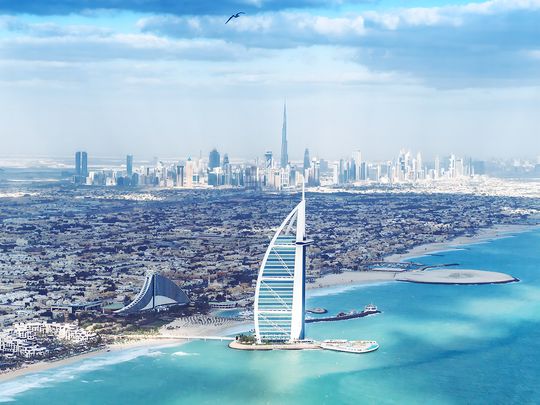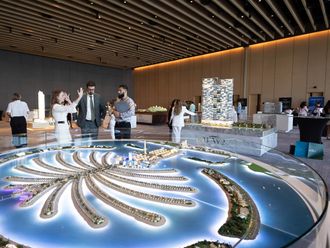
Dubai: Is it time the hotel industry started thinking beyond five-star ratings?
The real estate consultancy Cavendish Maxwell believes now is the time to bring out six- or even seven-star certifications.
“A 5-star hotel in Dubai and other parts of the Middle East is not equivalent to a hotel with the same rating in other global regions, particularly when it comes to brand new properties,” said Gergely Balint, Associate Partner, Commercial Valuation and hospitality real estate expert at Cavendish Maxwell.
“The same can apply to 4- and 3-star establishments, which offer varying levels of service and amenities depending on their location.”
Incidentally, Dubai’s Burj Al Arab was ‘unofficially’ labelled the ‘world’s first 7-star hotel’ at the time of its opening 30 years ago.
That was ’perhaps an early indication of the need to overhaul existing rating systems’, said Balint.
“Gone are the days when the main reason for booking a hotel was for a break in the sun or a business conference. The steady rise in tourism subsectors such as wellness, adventure, experiential, sports and volunteering is not only diversifying hospitality offerings, but changing the expectations of travellers, too.
"As a result, the current hotel star rating system is, arguably, no longer appropriate at a global level.”
Hotel ratings were introduced to help guests understand the quality and facilities at their chosen destination. Later on, they became important valuation tools for hotel brands and properties.
Europe's stars and US 'diamonds'
Ratings differ across the globe: Europe uses stars while the US has 'diamonds'.
New rating systems – such as Booking.com’s stars and the Michelin Guide’s 'keys' – have emerged, but 'even these assess different criteria within their rating methodology', says Cavendish Maxwell.
The TripAdvisor’s 'bubble system' assesses the overall guest experience, while Forbes Travel Guide looks at the quality of facilities and level of service. The Green Star system only considers sustainability, while the Crescent Rating initiative applies only to halal-friendly hotels, which are given between one and seven crescents.
“Clearly, it is time for hospitality industry stakeholders to explore a new approach to hotel ratings," said Balint. "As a temporary first step, independent organisations’ publishing of ‘equivalent’ ratings between jurisdictions, rather like ‘exchange rates’, would be a welcome move.
"Longer term, existing international rating systems could gradually replace national ratings, bringing in a uniform set of criteria that all stakeholders would trust and understand. Changes will take time – and require challenging decisions that will mean winners and losers."












